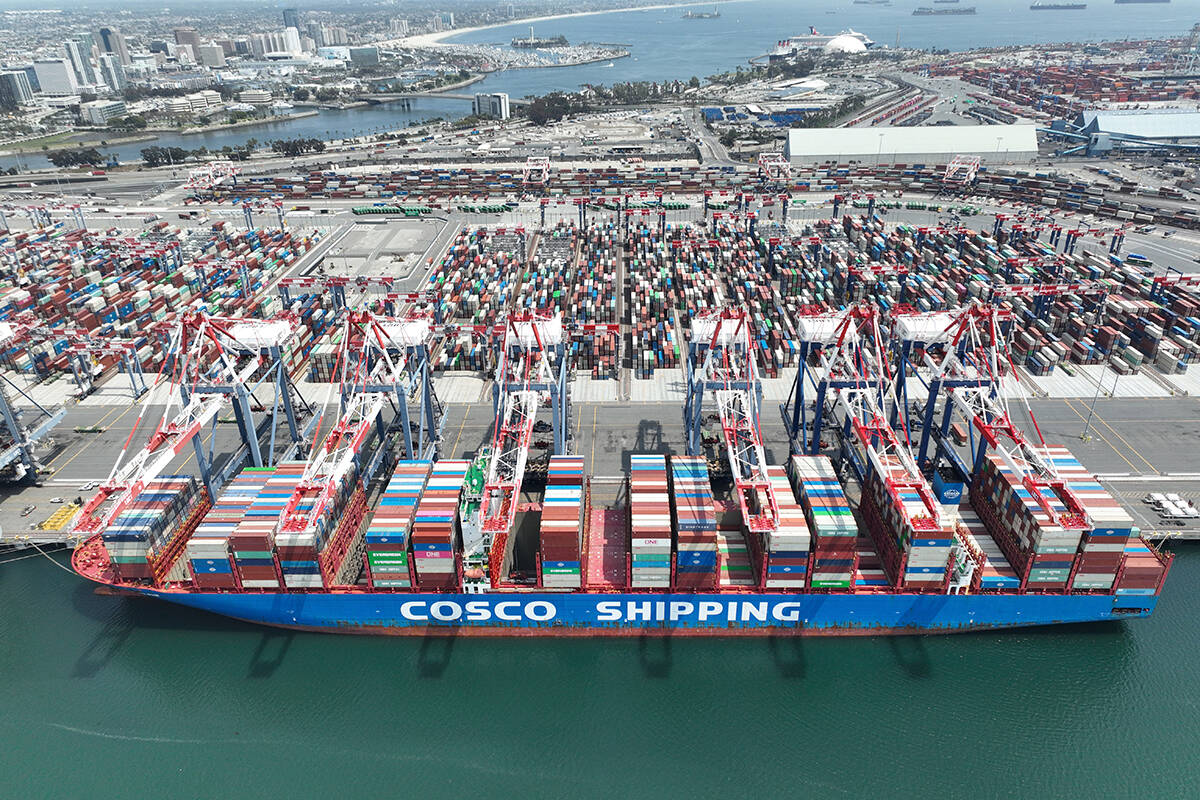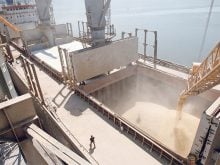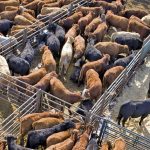It’s hard to figure out where we are in international trade as war rages in the invaded Ukraine and as pandemic continues to slap us around.
But through the economic smoke and wreckage of the past two years, we can still see the vague outline of the pre-COVID world of trade and it wasn’t pretty — rising protectionism, weaponized trade and big powers making tough-guy deals with individual trading partners and shoving smaller ones to the edges of the playground.
None of that seems to have changed during the pandemic and isn’t likely to change now that the Ukraine war’s impact is pushing energy and food prices to all-time highs and panicking governments and vulnerable populations around the world. Instead, we’re likely to see more self-focused, defensive behaviour as populations demand to be protected from shortages and hunger.
Read Also

U.S. softens fees on Chinese shipping
The U.S. starts charging new fees on Chinese ships on Oct. 14. What are the ramifications for their ag exports?
That won’t be easy to counter, but free and open trade — especially in agriculture and food products — shouldn’t be abandoned as the quaint notion of a bygone time, at least not yet.
That’s part of the plea of World Trade Organization director-general Ngozi Okonjo-Iweala, who is hectoring the world’s nations to not ban food exports and not to hoard food imports as fear spreads that the Russian invasion of Ukraine will stop those countries’ huge wheat crops from being exported and will prevent Ukrainian farmers from growing a crop this summer.
World hunger has been a worry since the pandemic struck and we almost seemed to have made it through the danger zone without mass famine. But then Russia invaded Ukraine. Now the danger is more extreme than at any time since 2011, and likely to be much worse than things got during the Arab Spring.
Whatever happens with Putin’s seemingly failing invasion of Russia’s neighbour, protectionism, weaponized trade and the spectre of hunger are likely to last years longer than the war.
Canada could play a central role in feeding the world’s vulnerable populations, but two big factors are threatening to snuff out that possibility. One is declining productivity increases in agriculture, which is limiting this country’s ability to steadily produce more of the crops and food products that the world needs. The other is the worsening international trading environment, which threatens Canada’s access to world markets and endangers Canadian food companies.
Both threats are addressed in a March 2022 report by Al Mussell, Ted Bilyea and Douglas Hedley and distributed by the Canadian Agri-Food Policy Institute, entitled Agri-food Productivity and Trade: Policy Gaps and Opportunities.
The authors urge the federal government to realize that climate change goals need to go hand-in-hand with boosting Canadian agricultural production and trade. With the world needing the food Canada can produce, strangling that output with climate change policies that discourage farmers, agricultural researchers and food companies from investing in future production doesn’t make sense.
Canada should also try forming a global posse of countries that support rules-based trade, which could include major exporters like Canada, Australia and New Zealand, but also major importers like Japan and South Korea, the authors argue.
Both of those ideas make sense. Federal policies that hamstring Canadian agricultural production in a world that needs more of it are not just terrible for Canada, but bad for the world.
And working to form a counterforce to the rogue superpowers threatening rules-based trade is a worthy foreign policy and trade goal.
The world’s future looks grim for now, but Canada can play a bright role in it, feeding the hungry, keeping Canadians from becoming impoverished and helping create a world in which middle powers can have a role and influence.


















